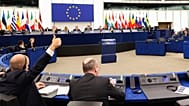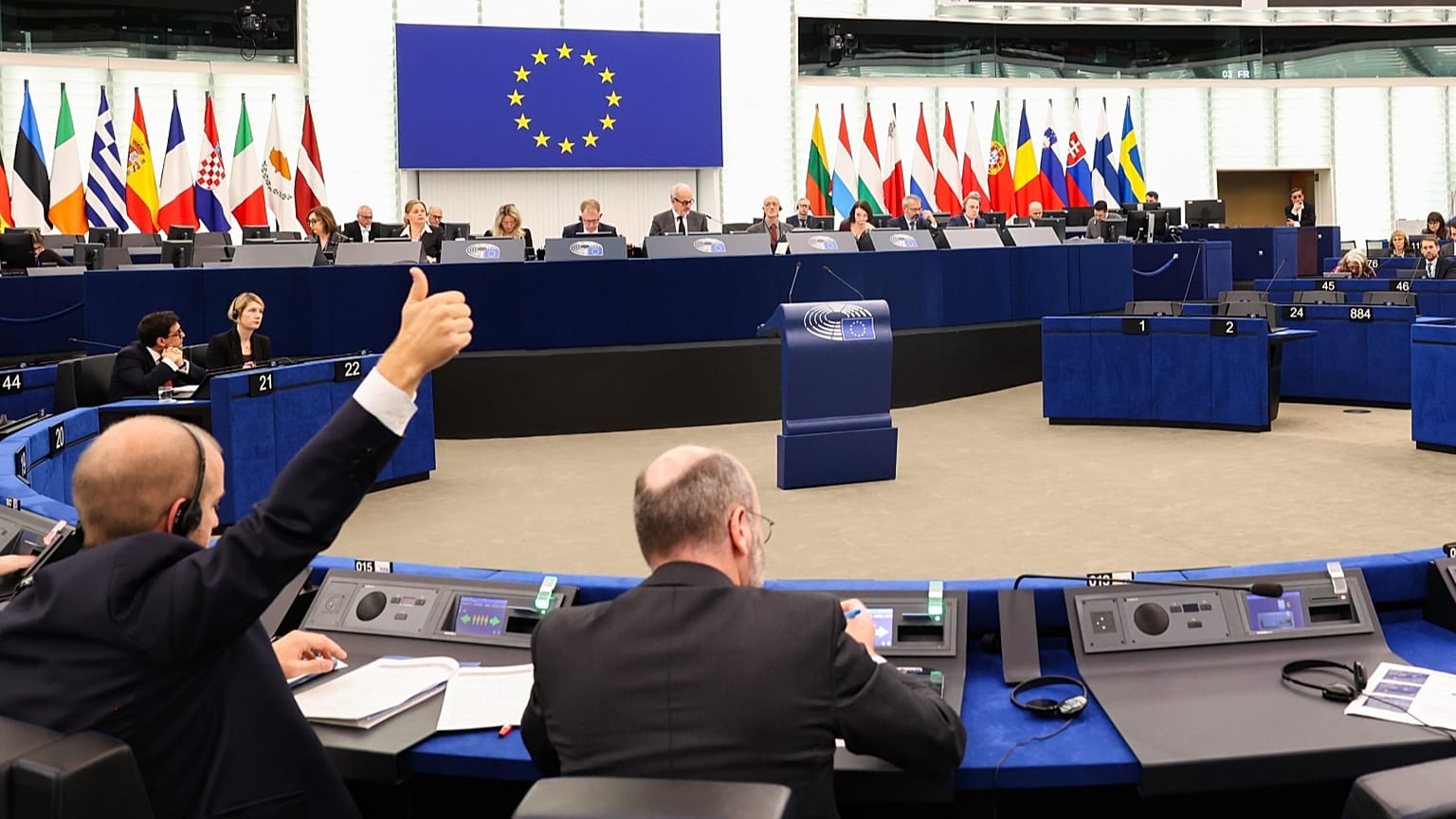The European Parliament adopted Wednesday a proposal calling to ban social media for teenagers under the age of 16 as lawmakers ponder its negative impact on mental health and the politics of online debate.
The report was approved by a large majority of 483 votes in favour, 92 against and 86 abstentions in a non-binding vote held in Strasbourg.
The proposal suggests children and teens under the age of 16 should not have access to social media, video-sharing platforms and AI chat bots.
The move comes just a week after French President Emmanuel Macron lambasted US big tech and Chinese algorithms - in a reference to TikTok, without naming it - for creating a culture of harassment, bullying and extremism.
Macron said these platforms do not contribute to freedom of speech but instead foster a "Wild West" environment with little oversight.
Defenders of social media as a platform for "radical free speech" such as Elon Musk, owner of Tesla and X, argue European authorities are trying to silence alternative voices through regulation.
Earlier this week, US official visited Brussels and urged the Commission to revisit its implementation of digital rules in exchange for better trading terms with the US.
The EU has so far rejected changing its landmark regulatory framework under the Digital Markets Act and the Digital Services Act calling it a matter of sovereignty.
Macron has called more measures "to create a digital sovereignty that protects our children, our teenagers and our democratic space."
The President of the Commission, Germany's Ursula von der Leyen, has echoed the same.
Negative impact on mental health for teens
In the report, MEPs said research shows that one in four minors now displays “problematic” smartphone use comparable to addiction.
Lawmakers warned that manipulative designs, such as infinite scrolling, or doom scrolling. It also said auto play videos and personalised recommendation algorithms are undermining children’s wellbeing, concentration and sleep.
Lawmakers welcomed the Commission’s plans to develop an EU age-verification app and roll out the European digital identity wallet.
Platforms, the MEPs said, are responsible for ensuring their services are safe by design and suitable for younger users.
The report urges tougher enforcement of existing digital rules, in particular the Digital Services Act, which includes protection for minors online.
Commission President von der Leyen said during her annual State of the Union speech in September that the Commission will consider following Australia's steps in banning social media for teens.
“I am watching the implementation of their policy closely to see what next steps we can take here in Europe. I will commission a panel of experts to advise me by the end of this year on the best approach for Europe,” von der Leyen said.
"We will approach this carefully and listen to everyone. And in all this work we will be guided by the need to empower parents and build a safer Europe for our children,” she added.















